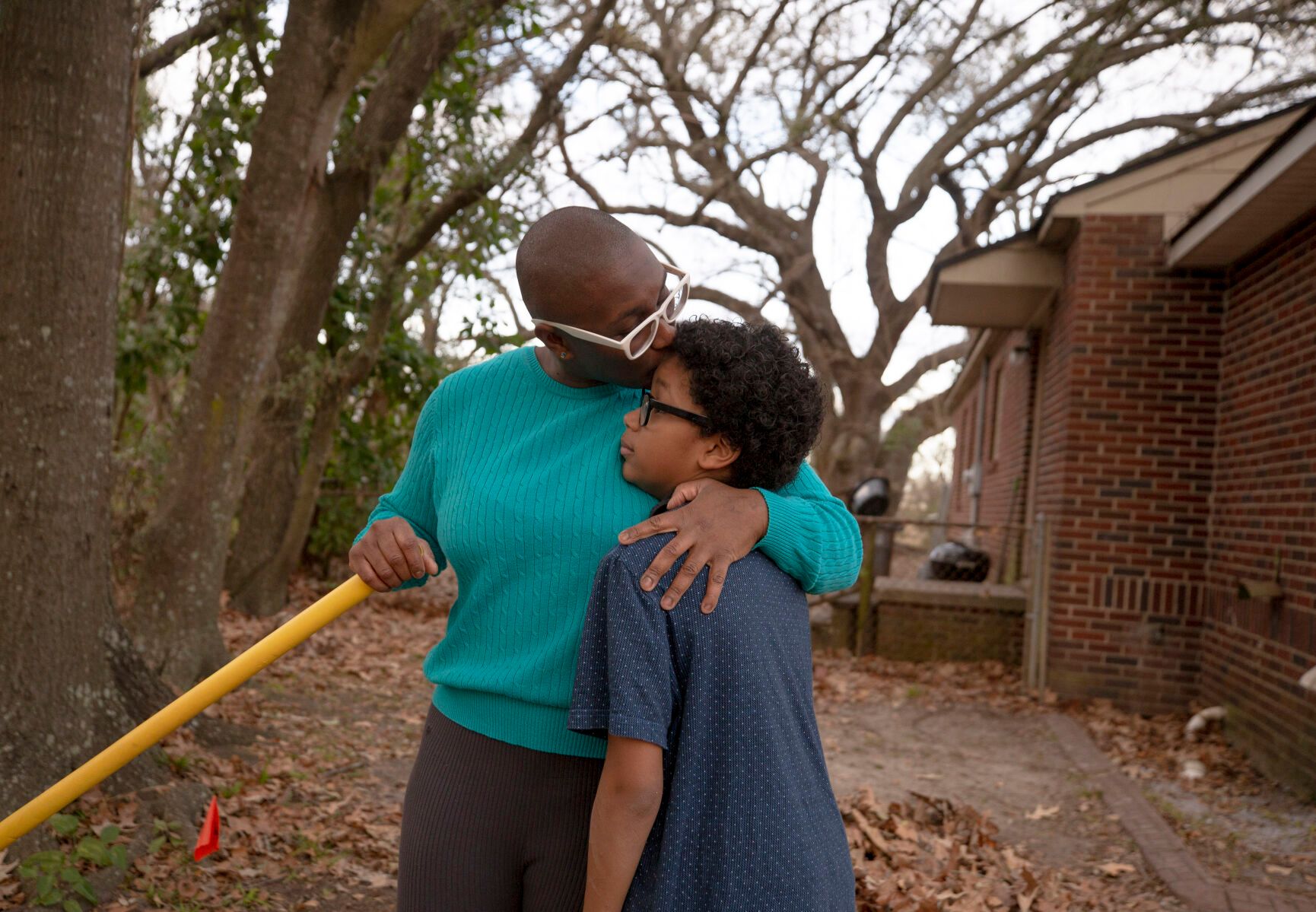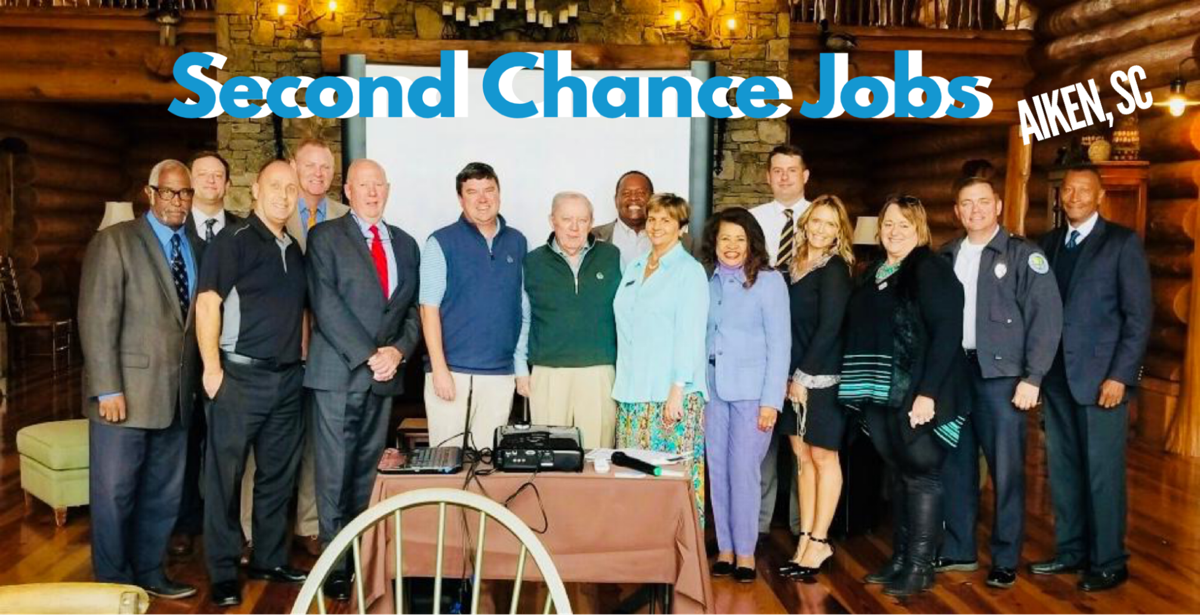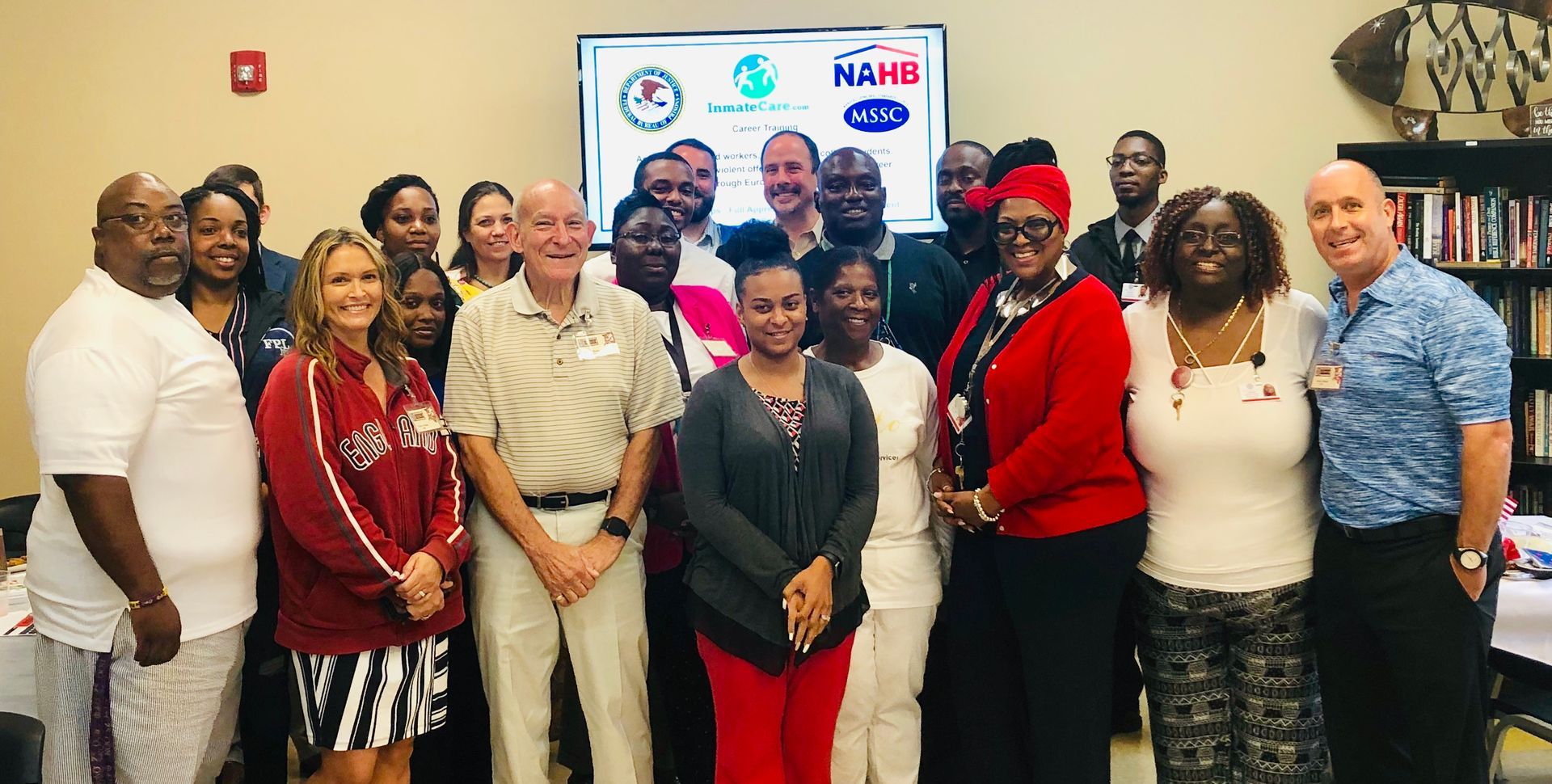Deborah Slaven • July 12, 2025
SC nonprofit keeps former inmates out with trade apprenticeships
This is a subtitle for your new post

The body content of your post goes here. To edit this text, click on it and delete this default text and start typing your own or paste your own from a different source.

Almost 70 million Americans have a criminal record— and even after they have served their time, they remain marginalized and not accepted back in society. The temporary mark of incarceration traps these ex-felons in a permanent cycle of poverty and unemployment, which can lead to unfortunate recidivism.
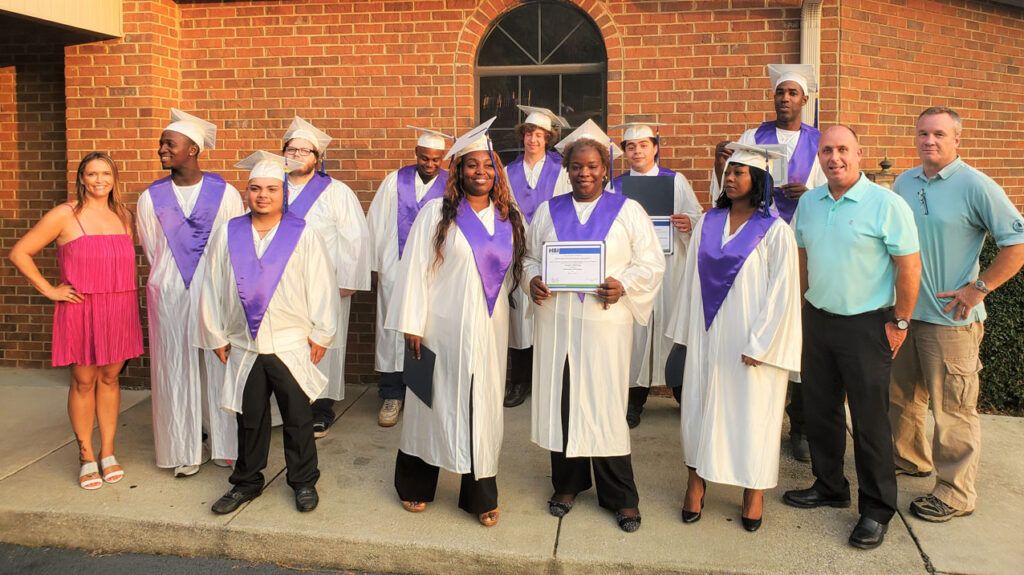
“The pervasiveness of incarceration and subsequent joblessness has robbed these communities of role models, mentors and the intergenerational transmission of skills needed to be a viable employee, so too many young people become involved in the justice system and repeat the cycle over again,” he said. “I see second-chance employment as the critical path to breaking this terrible cycle.”
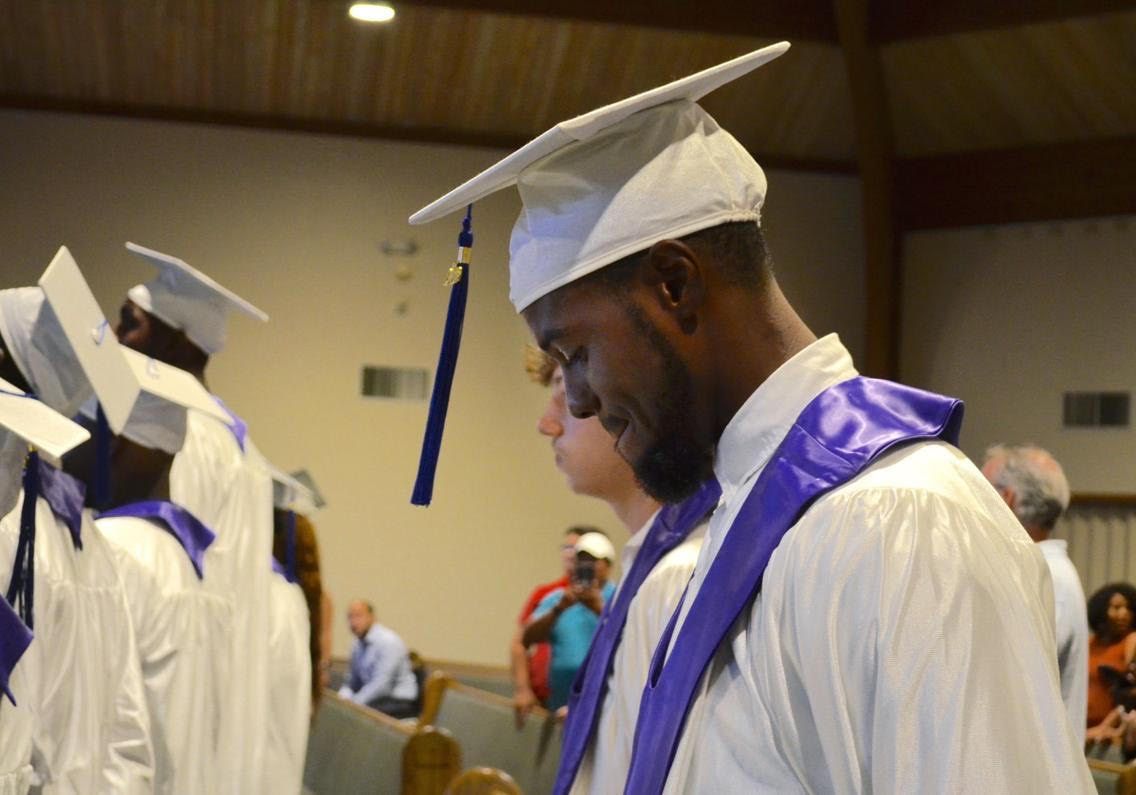
Three years ago, Kelly Grant was charged with an armed robbery. Drug addiction — which stemmed from prescribed medication used after a surgery — led to the armed robbery of a local pharmacy. He served two years in prison and though he had a career before his incarceration, he wanted to do something different.


